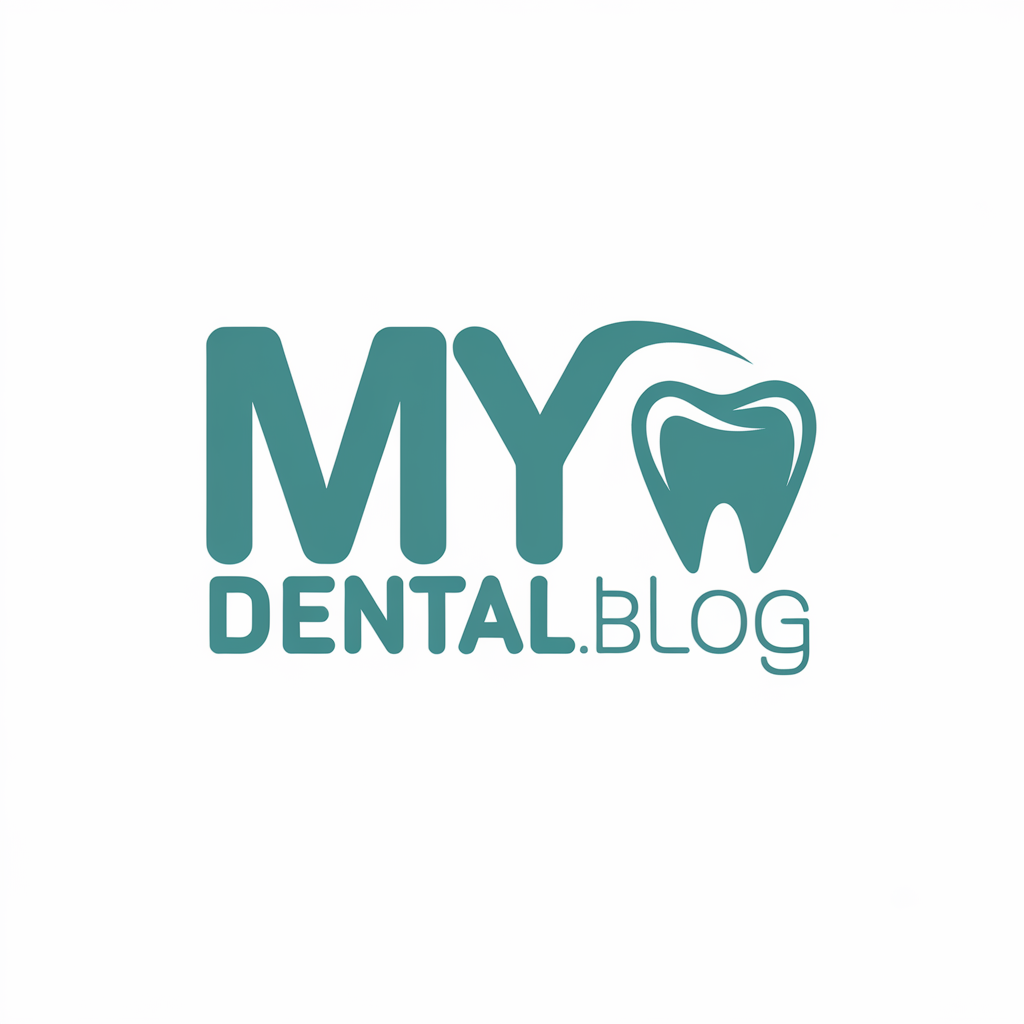How Oral Health Affects Your Heart
You might think that oral health is unrelated to your heart health, but that’s a common misconception. Research shows that poor dental hygiene can significantly increase your risk of heart disease. The connection lies in how bacteria from your gums can enter your bloodstream and trigger inflammation. Understanding this relationship is crucial for protecting your cardiovascular system. So, how do these factors intertwine, and what can you do to safeguard both your smile and your heart?
The Link Between Oral Health and Heart Disease
While you might think of oral health and heart health as separate entities, research consistently reveals a compelling link between the two.
Poor oral hygiene can lead to periodontal disease, which studies show may increase your risk of heart disease. The bacteria from infected gums can enter your bloodstream, potentially causing inflammation and contributing to heart issues. This link between gum disease and cardiovascular health is essential to recognize.
Understanding Periodontal Disease
Understanding periodontal disease is essential to grasp its significant implications for both oral and overall health. This condition arises when bacteria in plaque infect gums, leading to inflammation, tissue damage, and potentially tooth loss. Research indicates that untreated periodontal disease can also impact systemic health, contributing to cardiovascular issues. Additionally, inflammation from gum issues can damage arteries and contribute to chronic conditions, making early detection and addressing this condition crucial for preserving both your smile and heart health.
How Bacteria From the Mouth Can Enter the Bloodstream
Bacteria from your mouth can enter the bloodstream through several pathways, particularly when there’s inflammation or injury to the gum tissue. During dental procedures or even regular activities like brushing, bacteria may breach the protective barrier of your gums. Once in your bloodstream, these microorganisms can travel to various organs, potentially impacting your overall health and increasing your risk for systemic diseases, including heart conditions. Poor oral health is significantly linked to heightened inflammation and adverse cardiovascular events, underscoring the importance of maintaining dental hygiene.
The Role of Inflammation in Heart Health
Inflammation plays a crucial role in heart health, as it can significantly influence the development of cardiovascular disease.
Here are key points regarding inflammation’s impact:
- It contributes to arterial plaque buildup.
- Chronic inflammation is linked to heart attacks.
- Oral infections can escalate inflammatory responses.
- Managing inflammation is essential for overall heart protection.
Understanding this connection underscores the importance of maintaining both oral and heart health.
Tips for Maintaining Optimal Oral Hygiene
Maintaining optimal oral hygiene is essential for preventing dental issues and safeguarding your overall health.
Brush your teeth twice daily with fluoride toothpaste, and don’t forget to floss at least once a day. Rinsing with an antibacterial mouthwash can further reduce plaque buildup.
Additionally, a balanced diet rich in vitamins and minerals supports gum health and combats oral bacteria effectively. Regular dental visits enable early detection and treatment of gum disease, preventing chronic issues.
Regular Dental Visits and Their Importance for Heart Health
Dental check-ups play a significant role in your overall health, particularly in relation to heart health.
Regular visits can help:
- Detect early signs of gum disease linked to heart issues
- Manage oral bacteria that can enter the bloodstream
- Provide professional cleanings to prevent inflammation
- Offer personalized advice to reduce cardiovascular risks
Additionally, good oral hygiene practices can mitigate risks associated with heart health, highlighting the interconnectedness of oral and systemic well-being. Prioritizing these appointments can significantly benefit your heart health.





